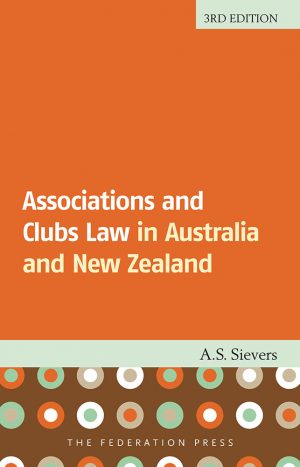The Fair Work Act 2009 imposes a legal obligation on the parties to collective bargaining to bargain in “good faith” – but what does this concept actually mean? In Australia, the jurisprudence on the meaning of good faith bargaining is still in its infancy. However, there are worrying signs that the good faith obligations under the Fair Work Act 2009 are being interpreted narrowly, in a way that emphasises continuity with the “hands-off” approach to bargaining that existed under the (now repealed) Workplace Relations Act 1996.
Alex Bukarica and Andrew Dallas put forward their argument that a narrow approach to good faith bargaining is not consistent with the intended operation of the Fair Work Act 2009.
Moreover, they maintain that the effective promotion of good faith bargaining in Australia will be impaired unless we come to grips with some of the important lessons that emerge from the practice of good-faith based collective bargaining overseas, particularly in Canada and New Zealand.






